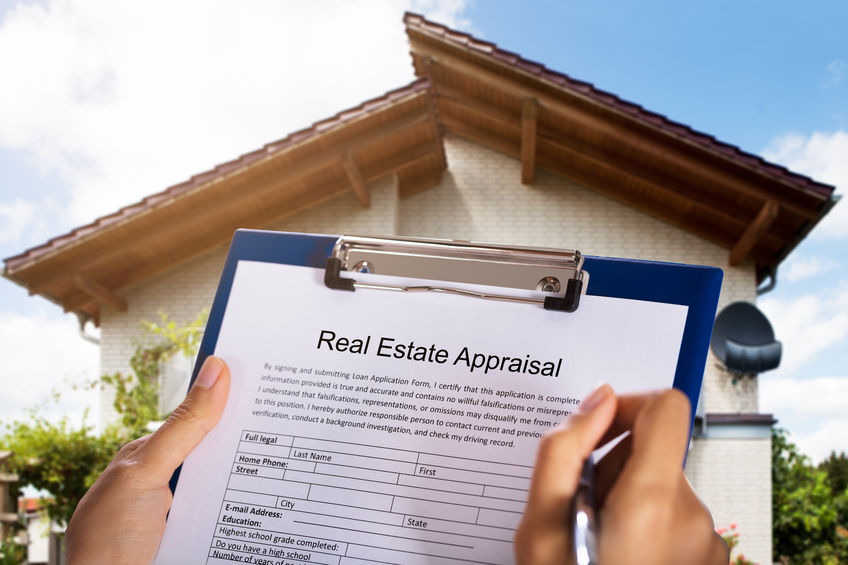Here’s the scenario: You’re buying a home in Albuquerque, and the seller has accepted your offer. The contract is signed and you’ve paid the deposit. Then you have the home appraised and it turns out that the home is worth less than what you offered. And now the bank won’t grant the mortgage. So how do you avoid this kind of situation? Appraisal contingencies are the answer.
What are appraisal contingencies? They are conditions that have to be met on a real estate contract before it becomes legally binding. Most real estate contract include these conditions:
- The appraisal contingency: This states that the home has to be appraised at the sale price or higher. This will help keep the mortgage from falling through.
- The finance contingency: This mandates that the deal is based on the bank granting the loan.
- The inspection contingency: The home must pass inspection.
These conditions must be met in a specified time. If they aren’t then there’s no deal and you get your deposit back.
The appraisal contingency works like this: the bank hires an appraiser to assess the fair market value of the home. This value is based on similar Albuquerque homes in the area, and is referred to as comparative sales, or comps. The bank will only loan the amount that the home is appraised for. So if the appraisal is lower than what the seller is asking and they refuse to lower the price, you can walk away from the deal and get your money back.
So you might wonder if this is the same thing as a finance contingency. The finance contingency can sometimes cover the same things. If the bank refuses to write a mortgage based on a lower appraisal, then you can leave the deal. But the bank may agree to a smaller loan that meets the finance contingency. In that case, the seller can demand that you pay the difference. So if you don’t also have the appraisal contingency, then you’re left having to come up with that extra money, or be in breech of contract and possibly lose your deposit. And that’s why you should have both the appraisal and finance contingency in a contract.
What if the appraisal is too low and you still want the home? You can ask the bank for another assessment, as well as present evidence that represents what you believe makes the home worth more.
Should you ever enter a deal without contingencies? In this hot Albuquerque real estate market, sellers can entertain offers from multiple buyers. The easier the deal is for them, the better chance you have of getting the home. But you run the risk that you won’t get the loan you need. In the end, it’s up to you, based on the market and what risks you want to take either way.
